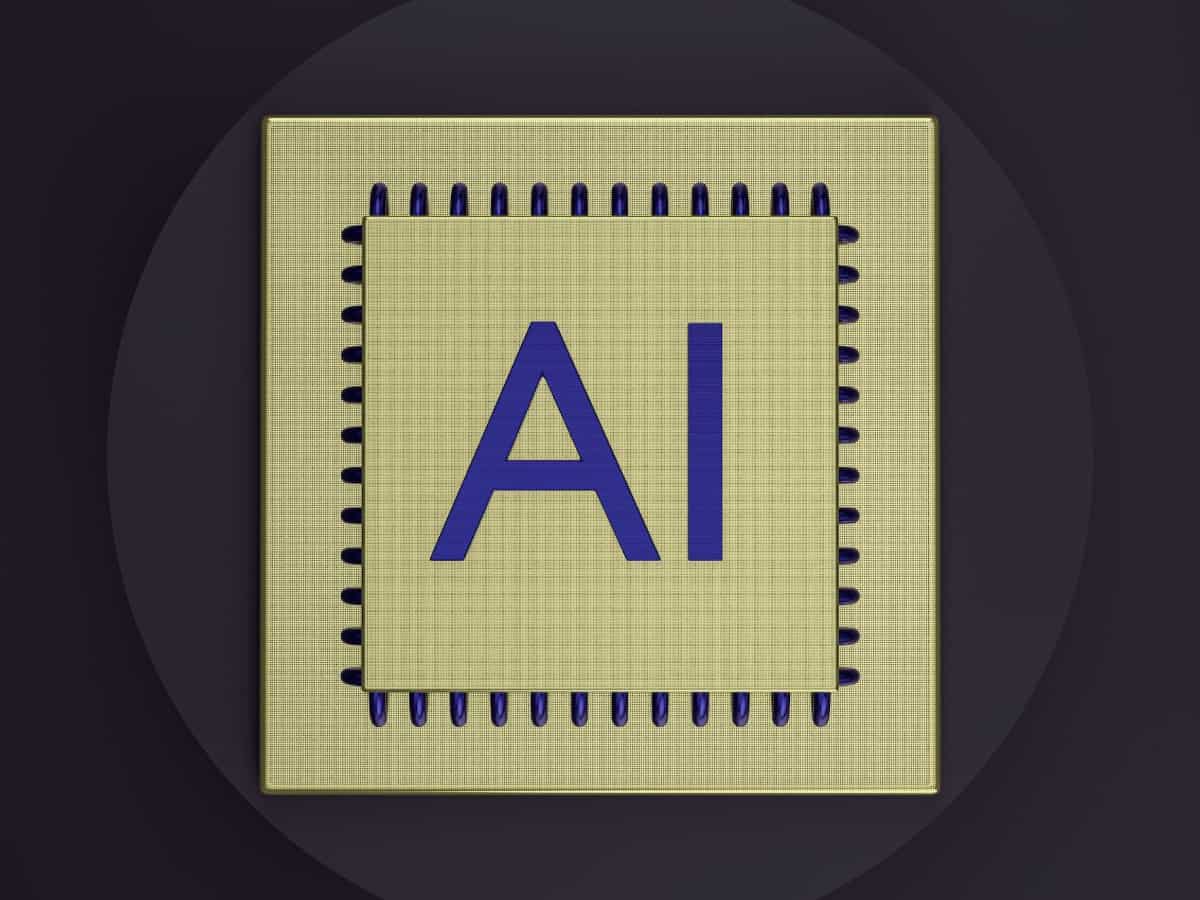
New Delhi: About 50 per cent of healthcare industry professionals with prior experience in artificial intelligence (AI) have strongly endorsed its use in clinical practice and administrative tasks, according to a report on Monday.
The report by GlobalData, a leading data and analytics company, showed that AI is increasingly becoming embedded in the provision of healthcare.
The report revealed that among different activities, diagnostics support and treatment decisions support are the two most popular cases with the use of AI tools.
“Some practices such as oncology have already been using AI to assist their clinical works like risk prediction and disease diagnosis. Of course, while AI can help with diagnosis, treatment decisions and eventually provide more effective patient care, scientific validation is needed to verify results,” said Elton Kwok, Market Research Manager in Pharma at GlobalData.
The report, based on a survey of 426 healthcare industry professionals between March -June, offers insights into the current utilisation and prospects of AI in eight major pharmaceutical markets — the US, France, Germany, Italy, Spain, the UK, Japan, and China.
In these countries, the majority of physicians expressed great comfort in using AI for automating administrative tasks.
“This sentiment underscores the growing acceptance of AI as a valuable tool in streamlining healthcare operations and suggests a shift towards leveraging its potential for optimising administrative efficiencies in medical practices across these countries,” Kwok said.
Importantly, China has emerged as a prominent player in the global healthcare landscape in embracing AI, reflecting its commitment to advancing healthcare accessibility and quality, and positioning the country as a key player in the ongoing digital revolution within the healthcare industry.
“AI’s utilisation in drug development, encompassing target identification and drug repurposing, has yielded promising outcomes, fostering increased confidence in AI tools,” Kwok said.
With AI’s rapid evolution and the growing need to enhance healthcare delivery, the report foresees a gradual shift towards more extensive AI adoption in clinical practices, he noted.
